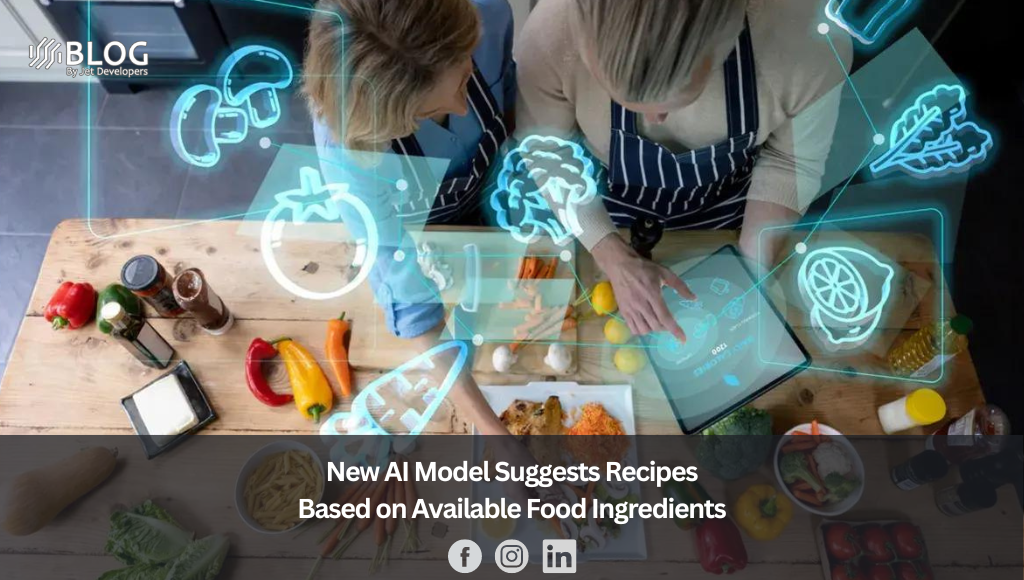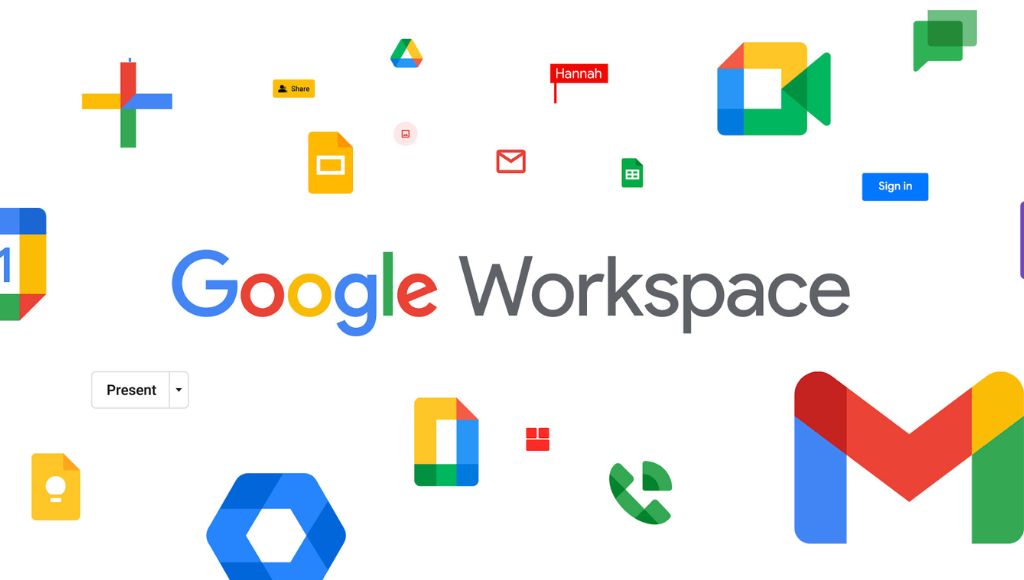In the race to extend their AI-powered app ecosystems, Microsoft recently made an announcement at Build that highlighted their plans to expand Copilot applications and adopt a standardized approach for plugins. This standard, introduced by their partner OpenAI for ChatGPT, enables developers to create plugins that seamlessly interact with APIs from various software and services. The expansion encompasses ChatGPT, Bing Chat, Dynamics 365 Copilot, Microsoft 365 Copilot, and the new Windows Copilot.
However, experts caution that this endeavor poses significant challenges for Microsoft. Google, during its I/O event, revealed plans to make Bard compatible with additional apps and services, both from Google itself (such as Docs, Drive, Gmail, and Maps) and from third-party partners like Adobe Firefly.
“When it comes to APIs, as opposed to hardware-dependent applications or apps, establishing a dominant position becomes much more difficult,” noted Whit Andrews, Vice President and Distinguished Analyst at Gartner Research, in an interview with VentureBeat. He further explained that if other companies develop APIs that are equally capable, the switching cost for users becomes less significant.
The competition between Microsoft and Google in the AI app ecosystem is poised to intensify as they vie for developer adoption and user loyalty. The ability to seamlessly integrate with a wide range of apps and services will play a crucial role in shaping the success of these platforms. As the battle unfolds, it will be intriguing to witness how developers and users embrace these AI-powered ecosystems and the unique advantages they bring to the table.
Microsoft is enjoying a head start
Andrews emphasized that Microsoft certainly has a head start and three key advantages.
First, Microsoft has an “extraordinary” first-mover advantage as OpenAI’s partner. “So the more they can establish familiarity and appeal, the more they can generate a defensible value,” he said.
In addition, without a moat, brand strength will also be an important driver, he explained. “With the intense value of Microsoft’s brand, that’s why things have to move so fast for Microsoft to have the best possible outcome.”
Finally, Microsoft, with its tremendous developer community, has the opportunity to grab market share and familiarity. “Microsoft attracts developers better than anybody else,” said Andrews. “So if you’re Microsoft, you lean on that this week [at Build]. Can you present your developers, your faithful, with the opportunities to participate in this extraordinary AI world that they will find attractive and familiar?” Microsoft needs to be synonymous in the developer’s mind with access to easy artificial intelligence-powered functionality, he added: “That means growth needs to be explosive — every developer in the Microsoft family needs to say to themselves, ‘I’ll start by looking there.’”
‘An impressive, all-out assault’ has limits
According to Matt Turck, a VC at FirstMark, Microsoft’s AI app ecosystem and plugin framework is an “impressive, all-out assault by Microsoft to be top of mind for developers around the world who want to build with AI.”
Microsoft is certainly pushing hard to lead the space and reap ROI on its multi-billion dollar investment in OpenAI, Turck told VentureBeat. But he said it “remains to be seen whether the world is ready to live in a Microsoft-dominated AI world” and suspects there will be “stiff resistance,” particularly on the enterprise side — where many want to leverage open source and multi-agents for customization, and will also want to protect their data from going out to a cloud provider (in this case, Azure).
Andrews agreed that it’s too early to know whether Microsoft will prevail — or if the AI app and plugin ecosystem will even flourish. “For lots of consumer users, ChatGPT is pretty amazing for what it does right now, and there might be problems with plugins that conflict with each other, things might begin to get a little challenging. The value of a plugin demands education, explanation and usage.”
Harder to implement effective controls and safeguards
Other experts point out that the growth of the app ecosystem will make it even harder to develop effective controls and safeguards in an era when AI regulation is becoming a top priority.
“The main concern in my mind is a distribution of accountability between the third parties and the entity that provides the source LLM,” Suresh Venkatasubramanian, professor of computer science at Brown University and former White House policy advisor, told VentureBeat in a message.
While he said there is also an opportunity if the companies proving the LLM service are willing and able to establish more controls, “I don’t see that happening any time soon. To me, this continues to reinforce the importance of guardrails ‘at the point of impact’ where people are affected.”






